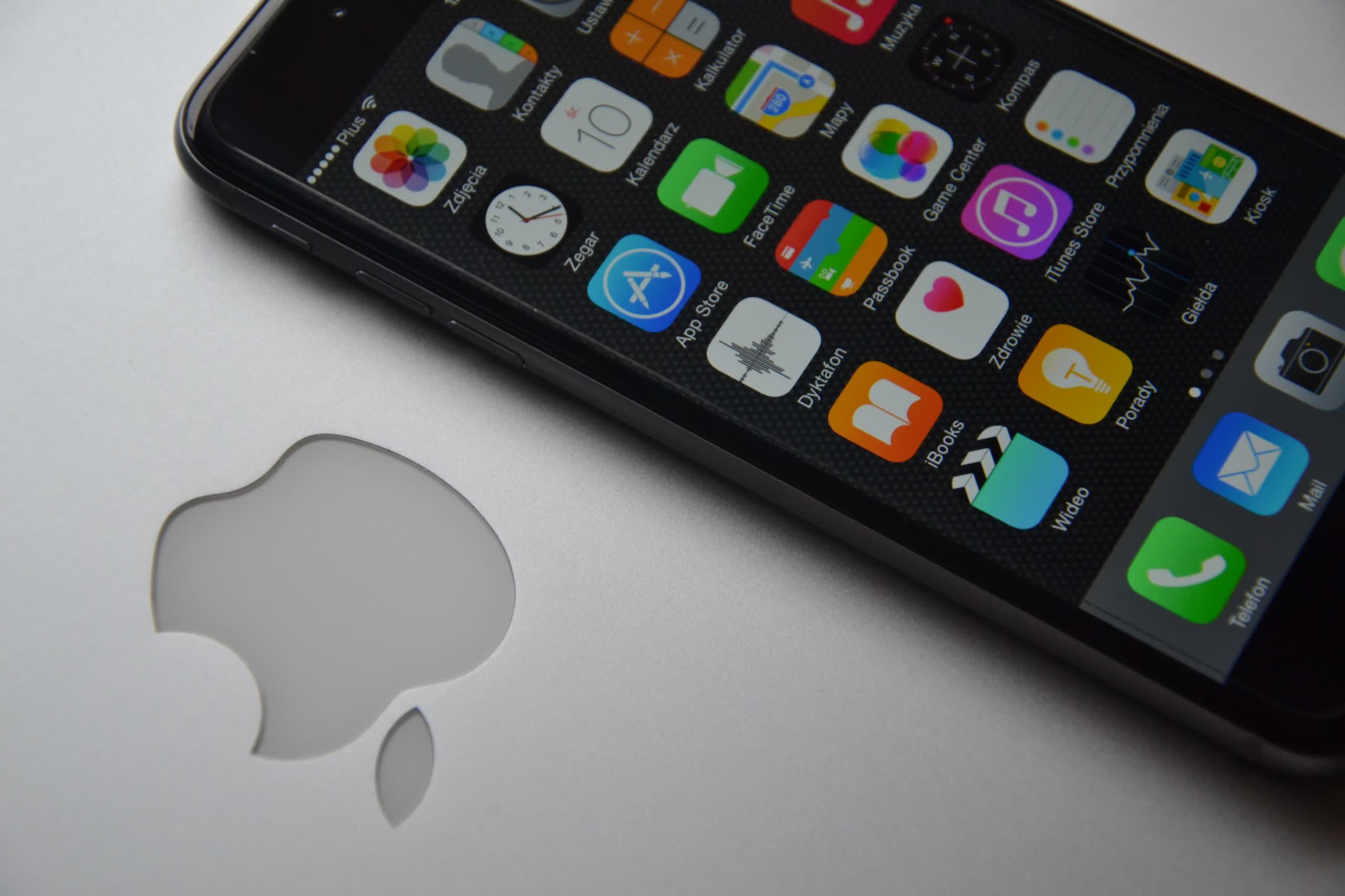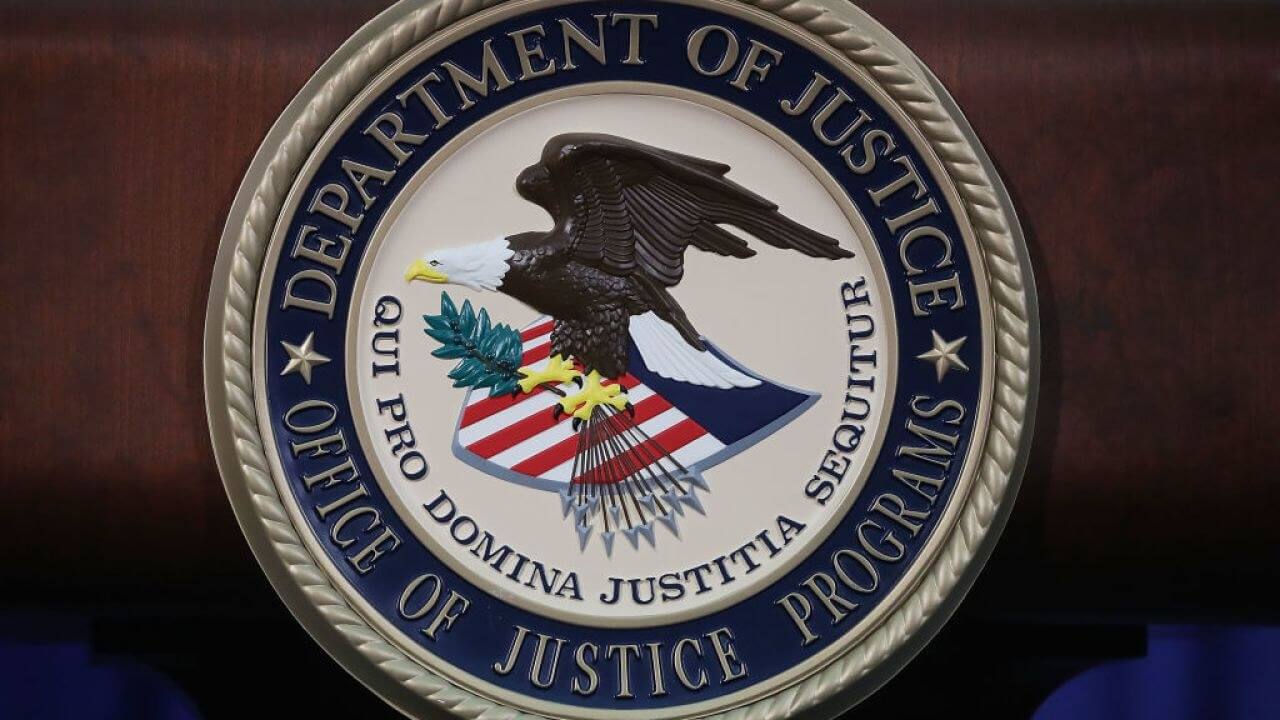What just happened? In a case that has likely been brewing for years, the US Department of Justice is suing Apple over policies that have long drawn the ire of developers and other groups. Following the European Union's recent example, US regulators are targeting the Cupertino giant over software distribution, cloud services, web browsing, third-party services, and many other issues.

The US Department of Justice, and 16 state and district attorneys general, filed an antitrust lawsuit against Apple this week, alleging its practices in the smartphone market constitute an illegal attempt at monopolization. The suit addresses numerous policies that the DOJ claims harm developers and reduce interoperability with other platforms.
For instance, the 88-page suit highlights Apple's ban on apps for cloud gaming services like GeForce NOW or Xbox Cloud Gaming, which could only be circumvented using web portals. Regulators have previously suggested that this rule gives an unfair advantage to Apple Arcade. Apple recently relaxed this and other rules to comply with Europe's recent Digital Markets Act.
Messaging apps are another area of contention. Cupertino refuses to allow its iMessage service on Android devices and has blocked multiple third-party attempts to bridge the divide, drawing sharp criticism from Google, Meta, and several telecom companies.

Despite this, iMessage has evaded regulation in Europe due to its relatively low popularity there. Currently, text messages from Android phones to iPhones revert to SMS, which lacks features like high-resolution media and end-to-end encryption, but Apple plans to enable RCS soon, which will partially alleviate the problem.
The DOJ also mentions the company's rule against third-party web browser engines, which prevents companies from offering services through mobile websites instead of apps. Apple rescinded the policy in the EU, but competing web browser providers like Mozilla complained that restricting alternate browser engines to Europe would force them to maintain two iOS builds, thus perpetuating the status quo.
According to the lawsuit, blocking super apps or limiting the functionality of third-party smartwatches and digital wallets makes leaving Apple's ecosystem unreasonably difficult. Other issues cited include news subscriptions, automotive services, advertising, video conferencing, and more.
In response, Cupertino promised to defend against the lawsuit, claiming it misrepresents the facts and the law. "This lawsuit threatens who we are," said spokesperson Fred Sainz.
The Justice Department initially opened its antitrust probe against Apple and other tech giants in 2019 before launching a significant lawsuit against Google the following year. It remains unclear how long the case against Apple will take.
https://www.techspot.com/news/102351-us-department-justice-files-broad-antitrust-suit-against.html